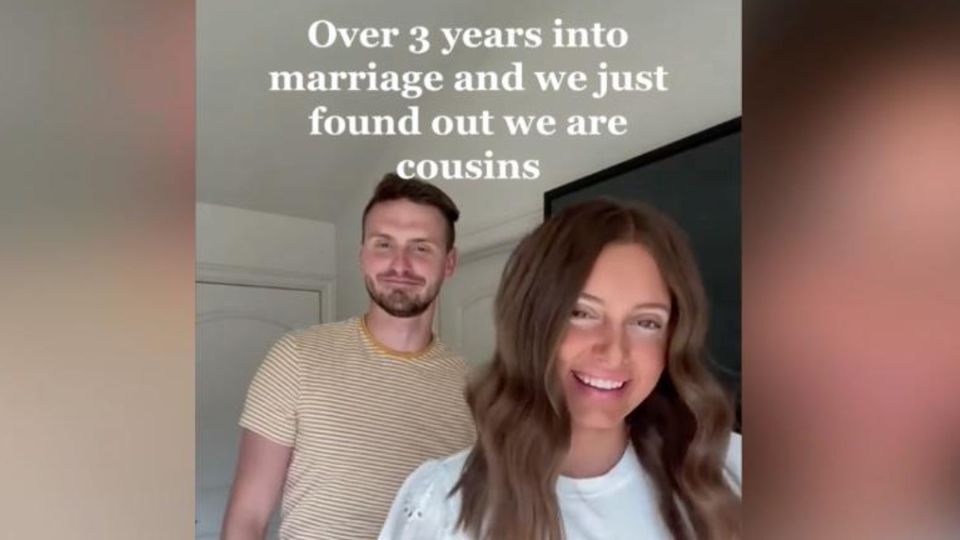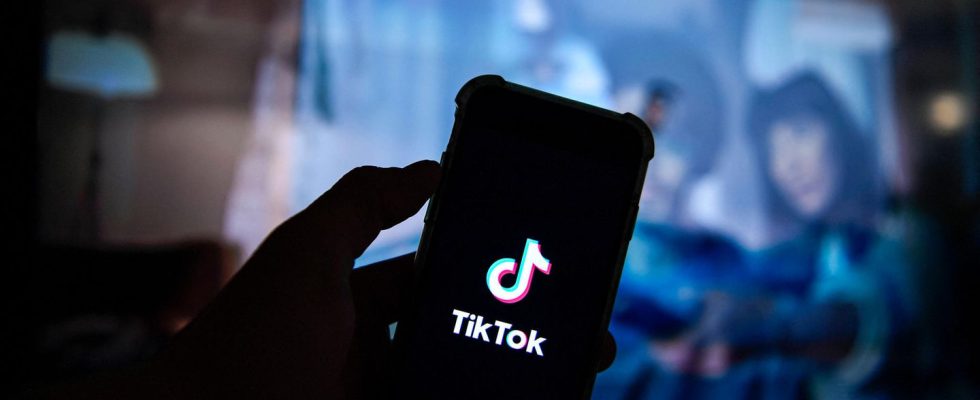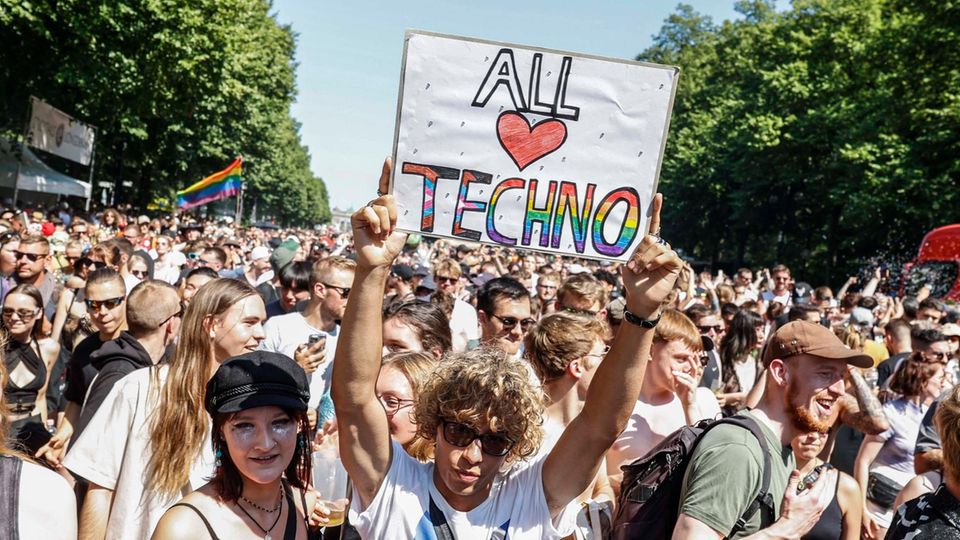“Harmful misinformation”
The Tiktok effect: Study analyzes the reinforcement of “anti-social behavior” through the video platform
According to a study, events in British schools and on the streets of France in February and June this year showed how TikTok can help escalate unrest (symbolic image)
© Abaca Press / Imago Images
In a detailed analysis, the BBC looked at the effects of Tiktok clips on social conflicts and found worrying influences on user behavior.
The algorithm decides who sees which messages, images or videos in a social media app. This is the same with all known networks. If I am interested in a certain topic and click on information about it more often, I will usually receive more suggestions from exactly this subject area in the future. So far so good.
However, the algorithm also examines which topics are currently circulating particularly strongly in my environment, in my age group or in my circle of acquaintances and shows them to me. This includes the hope that I too will be interested in it – because the topic overlaps with my other clicking behavior.
Tiktok users with an increasing reach effect
But what happens if, for example, as a particularly video-savvy user of an app like Tiktok, the topics suggested to me make me want to take up one of the topics and make a video about it myself? Am I possibly increasing the impact of the specific topic? For example, if a demo started in my city, I would also find out about it via Tiktok. If I go there now, motivated by the Tiktok post, shoot my own video of the event and then distribute it, the reach of the video I first viewed has already doubled. If more of my acquaintances also take part in the demo through my video, the effect will increase.
Project “Selfie Harm”
Shocking photo series: This is how young people distort their appearance for social media
The BBC has now examined this connection in a study related to Tiktok. Using four concrete examples, the study looks at how the algorithm adapted to what was happening and thus possibly indirectly intervened in what was happening as a reinforcing factor.

Events in British schools and on the streets of France in February and June of this year, for example, showed how TikTok can help unrest escalate and spread from place to place, the BBC analyzes. In February 2023, a protest against Rainford High School in Merseyside was published on TikTok, during which the specific length of girls’ skirts was checked.
“Online hysteria” amplifier
Within three days, students at over 60 schools held and filmed their own version of the protest. After another week, students from over 100 schools were involved. The protests sometimes got out of control: windows were broken, trees were set on fire and teachers were physically attacked.
“I feel like TikTok gives people the opportunity to take something that goes viral in one school and take it across the region and turn it into a competition to see who can incite the other schools and make it even more extreme,” commented a former TikTok presenter discussed this case in an interview with the BBC.
In three other cases, the broadcaster also examined the connection between social events and the subsequent catalytic effect of Tiktok, with very similar results in each case. Of course, it is neither Tiktok alone that promotes this effect, nor can it be ruled out that similar escalations would not have occurred without the presence of social media apps. However, in summary, the study clearly concludes that TikTok “drives online hysterias that promote antisocial behavior in the real world.”
Source: BBC


